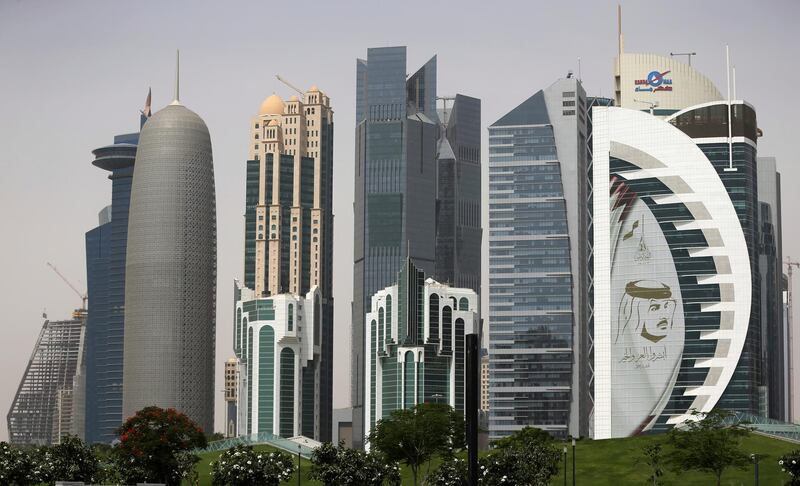Khalifa Al Subaiy spent six months in prison in Qatar for financing terrorism and enabling others to be trained abroad. On his release in March 2008, he spent years channelling funds to senior Al Qaeda henchmen and dispatched recruits to the terror group's training camps in Pakistan. He was able to do so, despite being on a UN Security Council blacklist, because a loophole in UN sanctions restrictions allowed him to access up to $10,000 a month, ostensibly for "basic necessities". Instead, it allowed him to continue his illicit activity while under the watch of the Security Council, and while Qatar looked the other way.
The revelation that such a loophole exists, revealed by the Wall Street Journal, is deeply concerning. The UN Security Council has blacklisted more than 250 individuals for supporting terrorist organisations – including Al Qaeda and ISIS – in a bid to sever access to their bank accounts and, by default, cut the supply chain to tap into funds. Yet chinks in its own system are being exploited by terrorist benefactors and are being funnelled back into the coffers of extremist groups. The deeply flawed set-up means that countries can apply for sustenance funds for their own citizens – but those applications can only be rejected by all 15 members of the Security Council and some countries fail to sufficiently monitor the activities of their citizens on the watchlist. In the case of Subaiy, a former Qatar central bank official, he was able to hold a bank account with Qatar National Bank and continue to send cash until 2013. But Qatar itself faces accusations of bankrolling terrorism – one of the reasons for the two-year boycott by the Arab quartet. Doha gave at least Dh1 billion to the Al Qaeda-linked group Al Nusra Front, now known as Hayat Tahrir Al Sham, in exchange for the release of Qatari hostages. At a time when global efforts are concentrated on crushing efforts by the likes of Al Qaeda and ISIS to regroup and terrorise once again, such backdoor funds threaten to undo the vital progress made.
These pages have long argued that sanctions are a valuable tool to punish individuals for their misdeeds or to hold regimes to account. The current US measures against Iran, which have been effective in hobbling its economy and funds to militia in proxy wars in the Gulf, are a case in point. But sanctions are of little use unless they are properly applied and stringently monitored, as the ease with which terror financiers have accessed funds clearly demonstrates. Worldwide, blacklisted individuals were able to access funds in 71 out of 72 cases in the past decade. With millions of lives at stake, the Security Council must prevent funds from seeping through the cracks. Discussions to update the 1999 resolution are long overdue. But countries like Qatar also bear responsibility for monitoring terrorist activity and to audit where money is going, particularly when there are demands for substantial cash transfers, as funds in the wrong hands can wreak untold harm and devastation.





